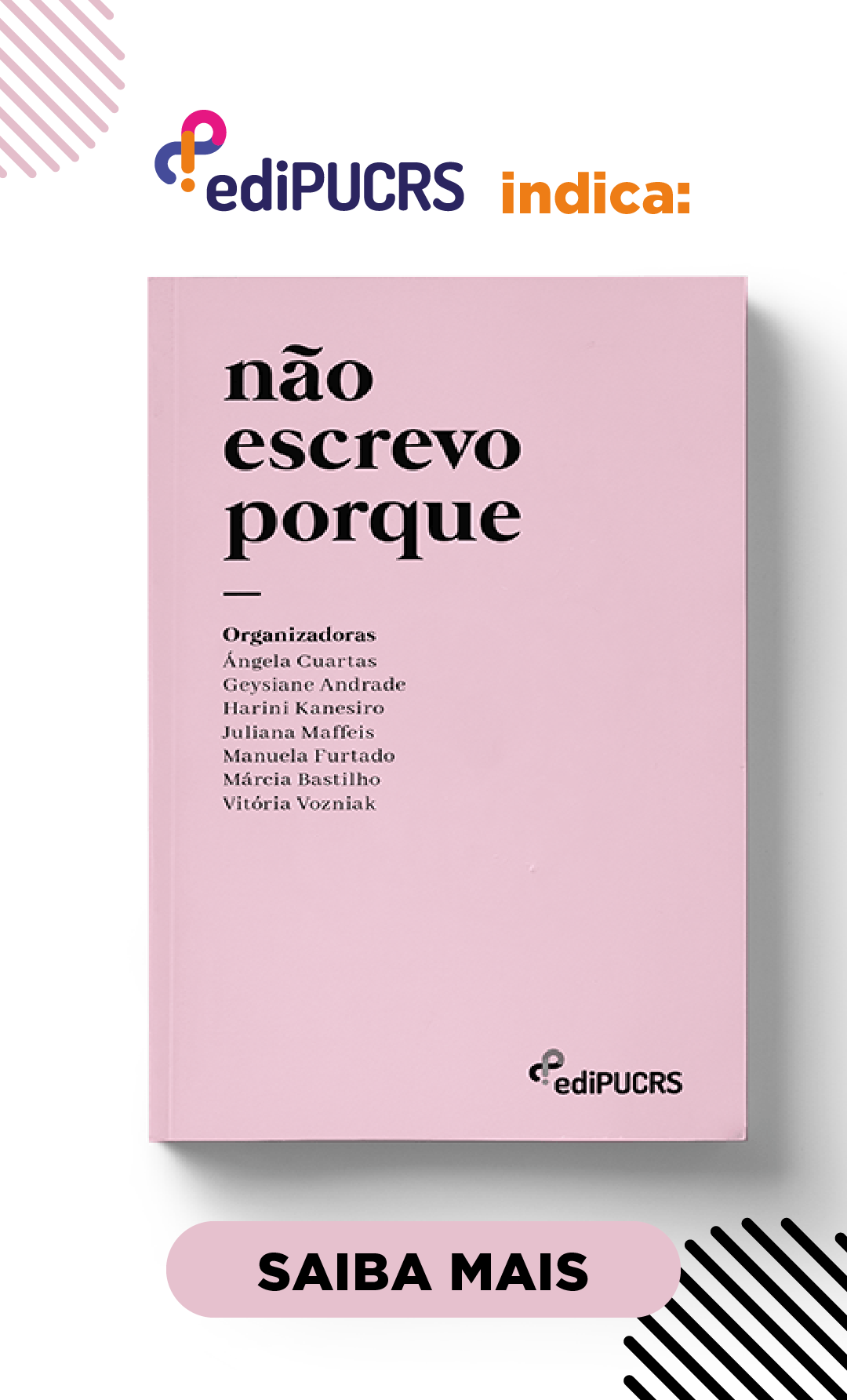The Relationship Between Explicit Learning and Consciousness-Raising Tasks Within a Communicative Language Context
DOI:
https://doi.org/10.15448/2178-3640.2015.1.20187Palavras-chave:
Consciousness-raising tasks, Explicit Learning, Task-Based ApproachResumo
This study aims at investigating whether consciousness-raising tasks, used in a communicative learning environment of EFL, can be considered a valid instrument for eliciting explicit learning in that context. Five participants enrolled in the second level of a language course answered a cycle of tasks that intended to teach the use of comparatives. The materials used in this study consisted of a pre-task, consciousness-raising tasks, an untimed grammaticality judgment test, and a self-report questionnaire. Results showed that the instruments used in this research were of a valid nature for eliciting explicit learning. The findings also provide empirical support regarding the importance of consciousness-raising tasks to assist students’ second language learning in a communicative classroom environment. Despite being a small scale research, this study may contribute to a greater understanding of the SLA processes within a communicative context and highlight the importance of explicit knowledge learning within a meaning focused approach.Downloads
Referências
ANDERSON, J. Learning and memory: an integrated approach. 2nd ed. New York: Wiley, 2000.
BAILER, C.; TOMITCH, L. M. B. & D’ELY, R. C. S. F. Planejamento como processo dinâmico: a importância do estudo piloto para uma pesquisa experimental em linguística aplicada. Revista Intercâmbio. São Paulo: LAEL/PUCSP, p.129-146, 2011.
D’ELY, R. The impact of familiarity with strategic planning and teacher-led planning on learners’ L2 oral performance of focused and unfocused tasks. In: TUMOLO, C. H. S.; FIGUEIREDO, D. C.; MORITZ, M. E. W. & D’ELY, R. C. S. F. Conextualized Practices in EFL Teaching and Assessment. UFSC: Florianópolis, 2011.
DeKEYSER, R.M. Implicit and explicit learning. In: C. Doughty and M. Long (Eds.). The handbook of second language acquisition. Oxford: Blackwell, 2008, 313-348.
ECKERTH, J. Investigating consciousness raising task: Pedagogically targeted and non- targeted learning gains. International Journal of Applied Linguistics, v.18, n 2, p.119- 145, 2008.
ELLIS, N. C. At the interface: dynamic interactions of implicit and explicit language knowledge. Studies in Second Language Acquisition, v. 27, p.305-352, 2005.
ELLIS, R. Measuring Implicit and Explicit Knowledge of a Second Language. In: ELLIS, R et al. Implicit and Explicit Knowledge in Second Language Learning, Testing and Teaching. Great Britain: Multilingual Matters, p.3-64, 2009.
ELLIS, R. Grammar teaching: Practice or Consciousness-raising?. In: RICHARDS, J. C., RENANDYA, W. A. Methodology in Language Teaching. CUP, p. 167-174, 2002.
ELLIS, R., BASTURKMEN, H., LOEWEN, S. Doing focus on form. System, v.30, p. 419 -432, 2002.
HULSTIJUN, J. Theoretical and Empirical Issues in the Study of Implicit and Explicit Second Language Learning: Introduction. In: Studies in Second Language Acquisition, p. 129-140, 2005.
LONG, M.H. Focus on form: A design feature in language teaching methodology. In: K. DeBOT, R. GINSBERG, C. KRAMSCH (Eds.). Foreign language research in crosscultural perspective. Amsterdam: John Benjamins, p. 39-52, 1991.
MACKEY, A. Second Language Acquisition. In: R. FASOLD, J. CONNOR-LINTON (Eds.) An Introduction to Language and Linguistics. Cambridge: Cambridge University Press, p.433-464, 2006.
NUNAN, D. Task Based Language Teaching. Cambridge: Cambridge University Press, 2004.
SKEHAN, P. Task-based Instruction. Cambridge: Cambridge University Press, 2003.
TAKIMOTO, M. The effects of explicit feedback and form- meaning processing on the development of pragmatic proficiency in consciousness- raising tasks. System, v. 34, p. 601- 614, 2006.
XAVIER, R. Focusing on Grammar Pedagogy. In: FORTKAMP, M.B.M., XAVIER, R.P. EFL Teaching and Learning in Brazil: Theory and Practice. Florianópolis: Editora Insular, 2001.
Downloads
Publicado
Como Citar
Edição
Seção
Licença
Direitos Autorais
A submissão de originais para a BELT - Brazilian English Language Teaching Journal implica na transferência, pelos autores, dos direitos de publicação. Os direitos autorais para os artigos publicados nesta revista são do autor, com direitos da revista sobre a primeira publicação. Os autores somente poderão utilizar os mesmos resultados em outras publicações indicando claramente a BELT - Brazilian English Language Teaching Journal como o meio da publicação original.
Licença Creative Commons
Exceto onde especificado diferentemente, aplicam-se à matéria publicada neste periódico os termos de uma licença Creative Commons Atribuição 4.0 Internacional, que permite o uso irrestrito, a distribuição e a reprodução em qualquer meio desde que a publicação original seja corretamente citada.





